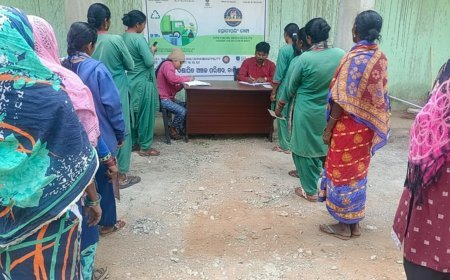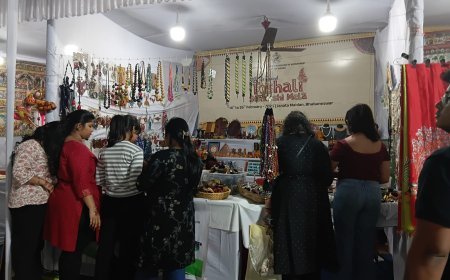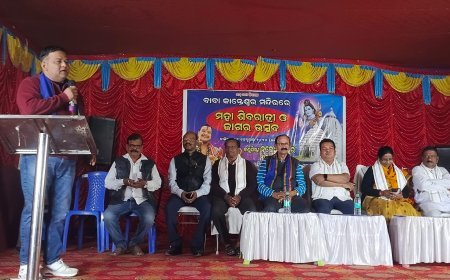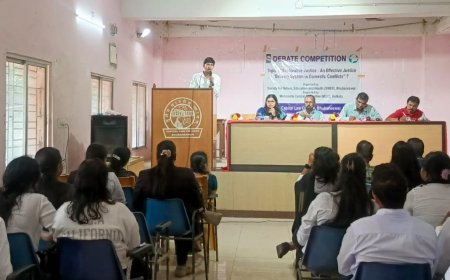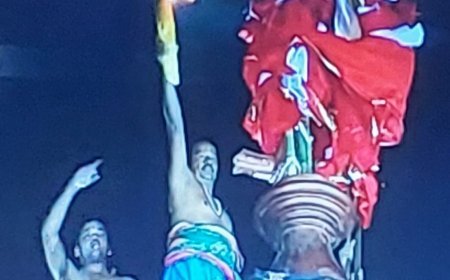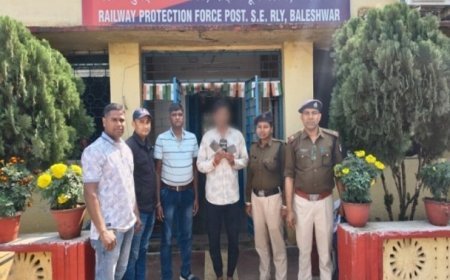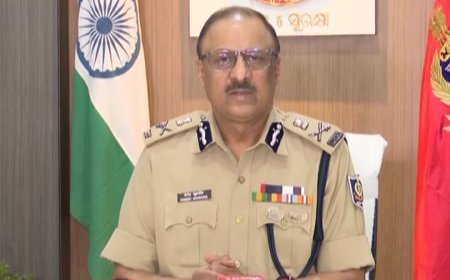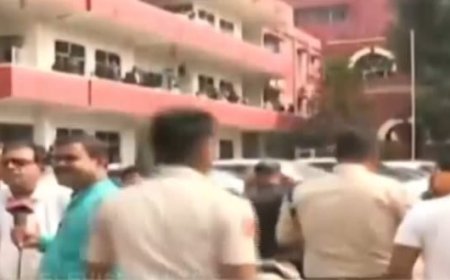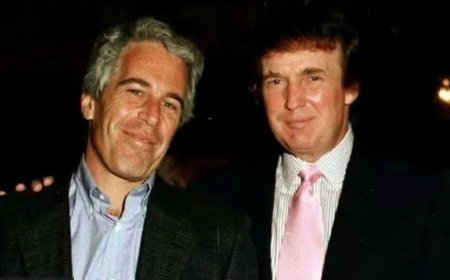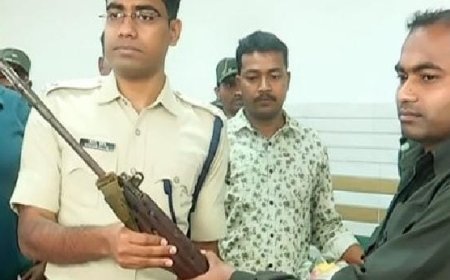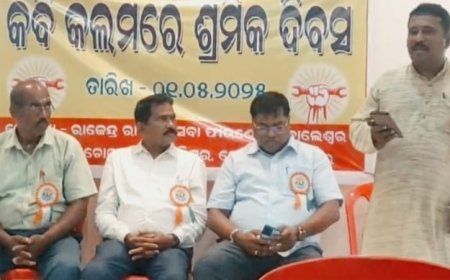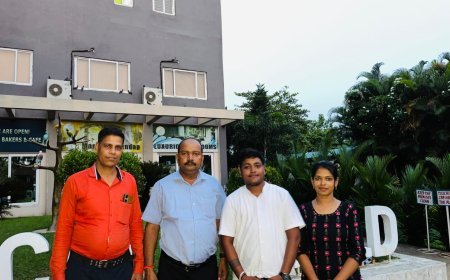CAPACITY BUILDING WORKSHOP ON HEALTH POLICY, FINANCING AND RIGHT TO HEALTH HELD
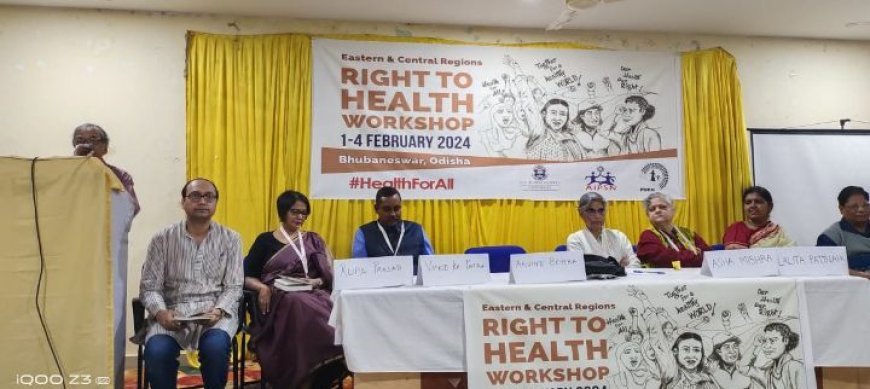
Bhubaneswar (01/02/2024): A-four day long Capacity Building Workshop on Health Policy, Financing and Right to Health started in Bhubaneswar, Odisha.
The workshop is being jointly organised by OP Jindal Global University, All India People’s Science Network and Public Health Resource Network.
This workshop focused on the East and Central region States including Odisha, Bihar, Jharkhand, Madhya Pradesh, Chhattisgarh, Maharashtra and West Bengal.
The workshop is being conducted from February 1 to 4 at the Red Cross Bhawan conference hall.
The Inaugural Lecture on the first day was delivered by Dr.Vandana Prasad, a renowned community health practitioner, pediatrician and founding director of PHRN.
She has also been one of the co-convenors of Jan Swasthya Abhiyan.
The Inaugural session was chaired by Arvind Behera, Retired IAS, and President BGVS- Odisha.
The other panelists for the inaugural session included Vinod Kr.Patra, Community Medicine All India Institute of Medical Sciences (AIIMS); Rupa Prasad, Executive Director, PHRS and Asha Misra, General Secretary, AIPSN.
Blorin Mohanty, BGVS and Prof.
Indranil, O P Jindal Global University welcomed all the participants for the four-day workshop.
Dr.Vandana Prasad began her lecture by orienting the participants on the basic concept of what constitutes health and health system.
Although there are some technical aspects to these issues, Dr.Prasad pointed that it is important that people are aware of these technicalities to better understand the health system as it directly affects their daily lives.
She highlighted that the Right to Health is essentially a state of complete physical, mental and social well being which includes the social determinants of health such as food, water, sanitation, environment, justice and voice and participation.
She explained how the health care system encompasses different levels including prevention, promotion, treatment at primary, secondary and tertiary levels), rehabilitation, and palliation.
The system also includes human resources and drugs and diagnostics.
Dr.Prasad took the participants through the key developments in the Indian health system such as the National Rural Health Mission in 2004-05 to the more recent Ayushman Bharat.
Dr.Prasad highlighted the crucial role played by frontline health workers such as the ASHA but how despite this they are not recognized as full time workers.
The increasing contractualization of the health workforce is a concern.
She also expressed concerns over digitialisation and the increasing use of app-based systems.
Dr.Prasad highlighted the need for financial investments for achieving a decent public healthcare system.
As India has a federal structure, the importance of decentralized planning and fiscal transfers to the States is crucial.
The largely irregulated private sector in India is getting more corporatised and is associated with high cost, many times which are unnecessary costs, often irrational care and profit oriented with substantial inputs from the government in the form of land subsidies, through insurance schemes such as PMJAY, among others.
All this is moving away from public health perspective.
She emphasized the need for a legal framework to create/protect/guarantee Right to Health for the people.
In her concluding section, Dr.Prasad spoke about the important role of participatory learning and action and how PHRN has been working through this in Odisha.
In his opening remarks, the Chairperson Arvind Behera highlighted that the Indian Constitution talks about scientific temper but one of the biggest challenges of the present times is that the spirit of scientific enquiry, scientific temper has been relegated to the background.
Dr.Behera also highlighted the important and continuous role of AIPSN and BGVS in promoting scientific temper among people.
Dr.Behera also highlighted the importance of the discourse on Right to Health and how in India today the public health system is being neglected and provisioning of health is increasingly being taken over by the private sector.
In his address Dr.Vinod Kumar Patra, emphasised that Right to Health is an important tool for ensuring access to health.
In order to make Right to Health a reality and a success he noted that the crucial elements will include bridging the differential understanding on the concept through workshops like this, sensitizing all stakeholders including people, policy makers, health providers, building a fair understanding about guaranteed services, using communication skills to make people aware about it, and working with the system to ensure the implementation of the Right to Health through soft activism.
The UNICEF Odisha representative, Lalita Patnaik highlighted the important role that BGVS Odisha has been playing in helping UNICEF reach out to the most marginalized sections of the population.
She talked about the number of initiatives in which UNICEF Odisha collaborated with BGVS and AIPSN such as the mobile healthcare units during the COVID period.
Rupa Prasad, PHRN, welcomed all participants for the 4-day workshop and also shared that during the workshop there are plans to organize field visit to some of the public health institutions in Odisha and also among the community.
Asha Mishra, General Secretary AIPSN, began her address by remembering Dr.Amit Sengupta who played a pivotal role in many people led movement such as the Jan Swasthya Abhiyan.
Talking about the importance of peoples’ movements, Asha Mishra talked about how a number of people centric legislations had been a result of continuous peoples’ struggles with a significant role played by people led movements such as JSA, AIPSN and BGVS.
She narrated how in the year 2000, JSA was formed to reinvigorate the efforts to achieve the goal of Health for All as envisaged in the Alma Ata Declaration in 1978.
The inaugural session of the Workshop also featured a cultural programme by the Kala Jatha of Bharat Gyan Vigyan Samiti (BGVS), Odisha .








